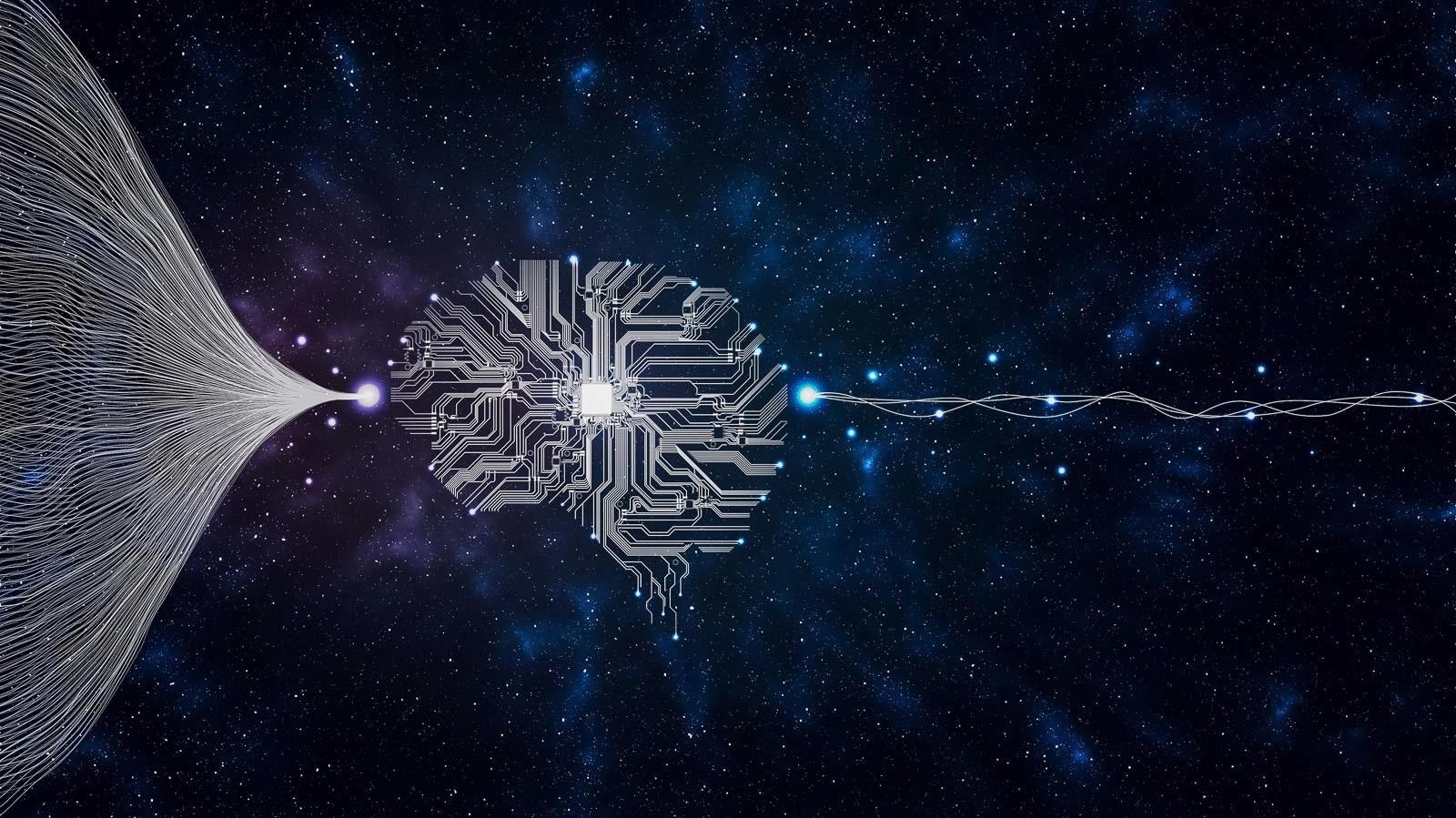
Image Credit: Shutterstock/cono0430
The two grants were presented by the DOE’s Office of Advanced Scientific Computing Research (ASCR). They will aid Argonne scientists and collaborators to seek AI and machine learning work in the development of approaches to handle enormous data sets or develop better outcomes where minimal data exists.
One project is an alliance with partners from the DOE’s Los Alamos National Laboratory, Johns Hopkins University, and the Illinois Institute of Technology in Chicago. For this project, Argonne scientists will formulate techniques and methods to run with huge dynamical systems.
By integrating mathematics and scientific principles, they will construct strong and accurate surrogate models. These types of models can greatly reduce the time and cost of working complex simulations, such as those used to forecast the climate or weather.
The models we build with this award will allow us to obtain dramatic reductions in time-to-solutions and costs. Now we can ramp up the work we have been doing and test it on scientific use-cases right here at Argonne. For example, instead of using a massive machine to simulate the climate, we could run many smaller cheaper simulations.
Romit Maulik, Project 1 Lead and Computational Scientist, Argonne National Laboratory
Maulik had been partnering with his colleagues to discover these innovative modeling approaches on nights and weekends.
A second award was bestowed to Argonne mathematician Mihai Anitescu, who will be working together with Rebecca Willett at the University of Chicago. Collaborating with an interdisciplinary team of researchers from statistics, applied mathematics and computer sciences, they will be employing machine learning augmented simulations to improve data assimilation, forecasting and estimation of the frequency of extreme events.
Extreme events — such as a cold snap in Texas, a cascading blackout on the East Coast or a heatwave in Portland — can have critical consequences for people, the power grid and infrastructure. But existing modeling technology is not good enough to accurately estimate their frequency.
If you look at really extreme events, you have very little data from the past to help predict what may happen in the future.
Mihai Anitescu, Project 2 Lead and Mathematician, Argonne National Laboratory
In these scenarios, a standard machine learning approach does not work. “With this project, we’re figuring out how to get around this lack of data.”
This could significantly enhance the ability to estimate the probability of extreme weather events and their related impacts on the power grid.
These two projects are part of five the DOE recently supported for interdisciplinary work using AI to progress the science carried out in the national labs. All five aim to develop dependable and efficient AI and machine learning approaches to solve a wide range of science requirements.
Projects were selected by competitive peer review under the DOE Funding Opportunity Announcement,“Data-Intensive Scientific Machine Learning and Analysis,” supported by ASCR within DOE’s Office of Science.